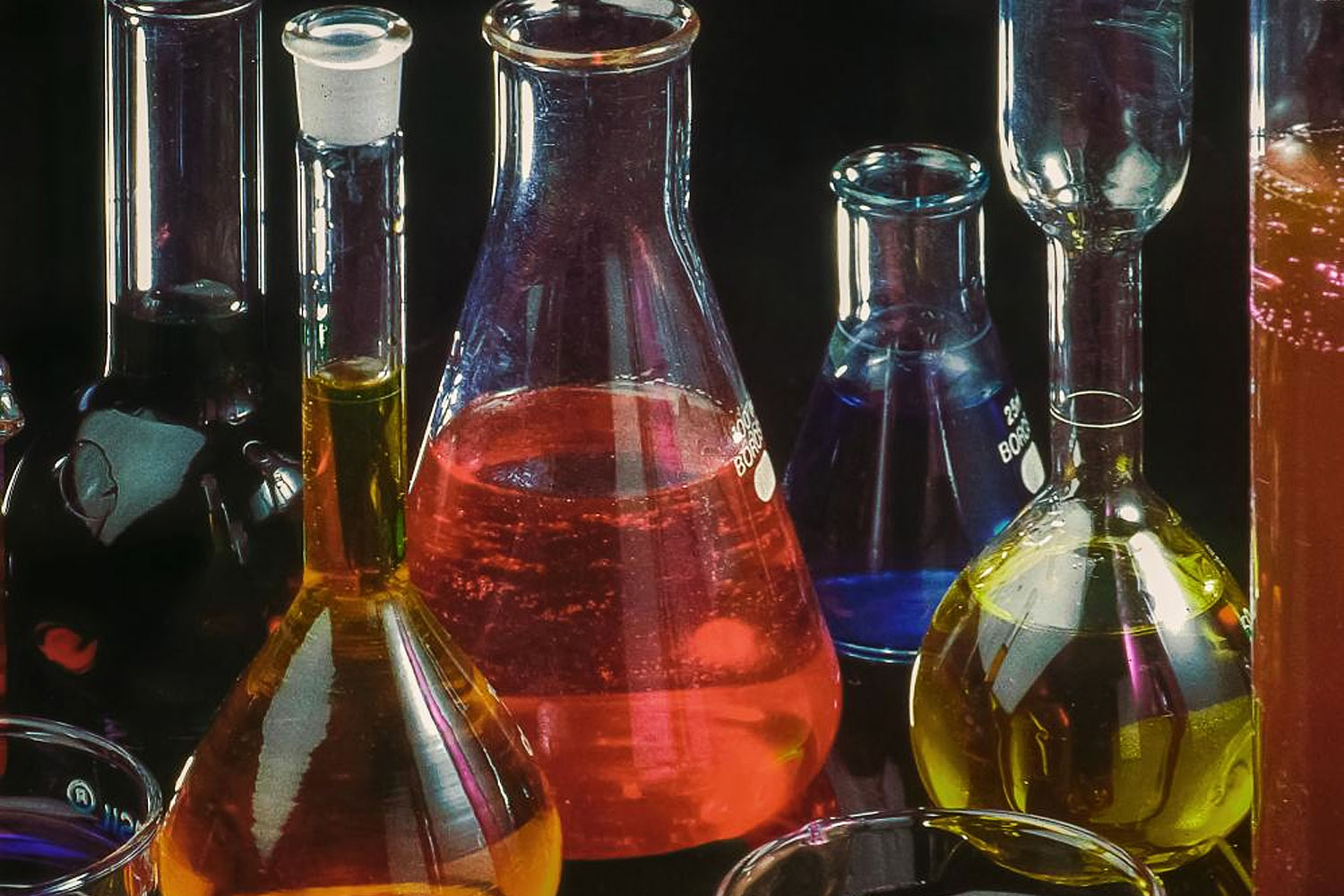
India is providing increasingly attractive investment opportunities for Thai companies, and the chemical sector is proving to be no exception.
As the sixth largest producer of chemicals in the world, India exported US$502.6 million worth of chemical commodities to Thailand in the 2018-19 fiscal year to March 31. The chemical sector is one of India's oldest and most highly diversified industries.
The country's governing body for chemical imports and exports is the Basic Chemicals, Cosmetics & Dyes Export Promotion Council (Chemexcil). The products it promotes range from dyes and agrochemicals to soaps, detergents, cosmetics, toiletries, essential oils and castor oils.
With regional offices in New Delhi, Kolkata, Bengaluru and Ahmedabad, the organisation boasts a state-of-the-art infrastructure as well as a petrochemical sector. Chemexcil also helps to identify potential markets for export and ways for producers to improve efficiency.
The agency has had considerable success in Thailand, with exports in fiscal 2017-18 reading $315.21 million, an increase of 27.8% from the previous year. The bulk of Chemexcil's exports to Thailand are inorganic and organic chemicals including agrochemicals. Thai investments in India are centre on dyes and dye intermediates.
"India and Thailand have traditionally close and friendly ties which encompasses the entire range of economic and social relations," Chemexcil chairman Ajay Kadakia said recently in Bangkok.
Under the Indian government's "Act East" policy, Prime Minister Narendra Modi has made expanding ties with Asean and East Asian countries a priority.
"India sees Thailand as a pivotal state in its 'Act East' policy," said SG Bharadi, executive director of Chemexcil. India was Thailand's 12th largest trading partner in 2018.
Among the leading Indian chemical investors in Thailand is Aditya Birla Group. Aditya Birla Chemicals (Thailand) makes carbon black, used mainly in tires, at its facilities in the central province of Ang Thong.
"India is very interested in Thailand because Thailand's chemical industry is small," said Petcharat Eksangkul, chairperson of the Thai Chemical Industry Club.
Indian chemical companies have been looking to expand into Thailand because they "ran into problems with EU environmental regulations", she said, forcing them to find a new production site. Thailand, meanwhile, wants to develop its chemical sector further as the country in the past has had to import a lot of chemical commodities from the US and Europe.
Ms Petcharat said the global trading environment has not been favourable. "The trade war between China and the US has eased a little bit after the G20 meeting [where presidents Trump and Xi agreed to resume negotiations], but you can never predict what they will do next," she said.
Yet, India has been doing very well economically despite challenging conditions. "I hope we will have ever-growing trade between India and Thailand," she said.
Under the Act East policy, India has focused on its "Look-East Connectivity" projects, which aim to make transport between India and Asean faster and more convenient.
By basing themselves in Thailand, Indian chemical corporations will also look to trade their commodities with other countries in Southeast Asia.
"We are in the process of building highways connecting India, Myanmar and Thailand from Manipur in India to Mae Sot in Thailand," said Suchitra Durai, the Indian ambassador to Thailand.
Similarly, Thailand sees India as a land of numerous business opportunities. "Thailand views India as the gateway to South Asia and beyond," Mr Bharadi said. "As a result of reduced tariff rates and new initiatives, trade between the two countries has increased manifold in recent years."
Mrs Durai said that "skilled labour, low cost of production and easy access to raw materials" make India an attractive destination for Thai companies seeking to invest in the chemical sector.
India has also jumped 65 places in the World Bank's Ease of Doing Business rankings, she noted, as the government pursues more investor-friendly policies and regulations.
In addition, the national Goods and Services Tax (GST), which replaced multiple local and state taxation regimes, has reduced transaction costs considerably.
As a result, trade between Thailand and India is "gaining momentum", Mrs Durai said. "Exports to Thailand [from India] grew by 25% in the past year."
Ravi Sehgal, president of the India-Thai Chamber of Commerce, agreed the prospects were good for Thai chemical corporations to develop closer business ties with the Indian peers in order to further promote the sector in both nations.